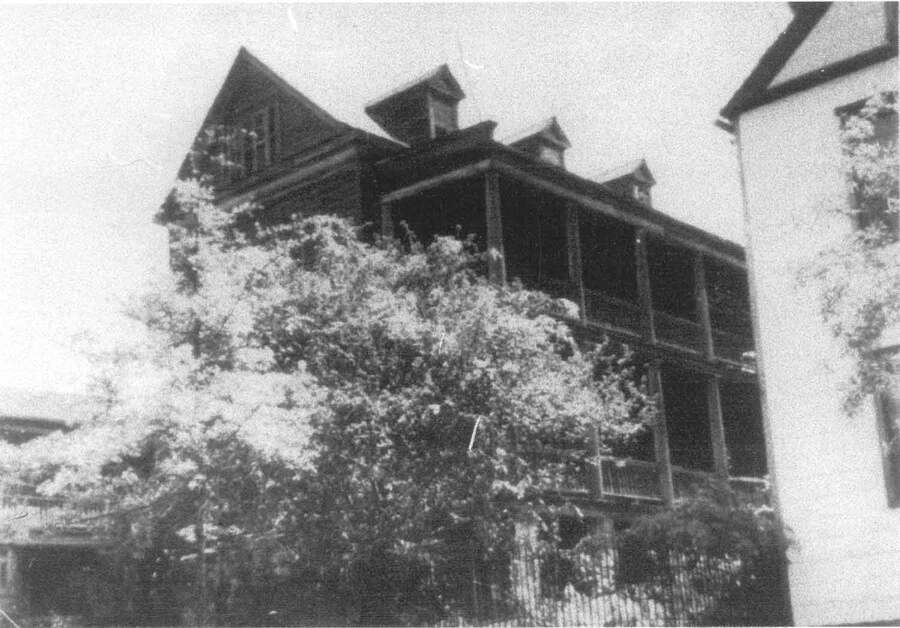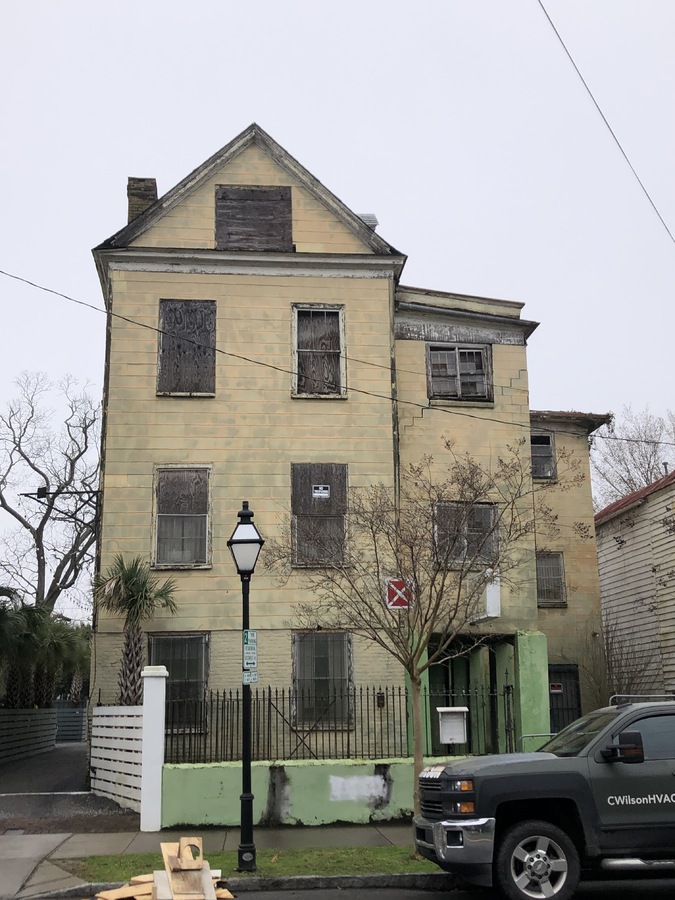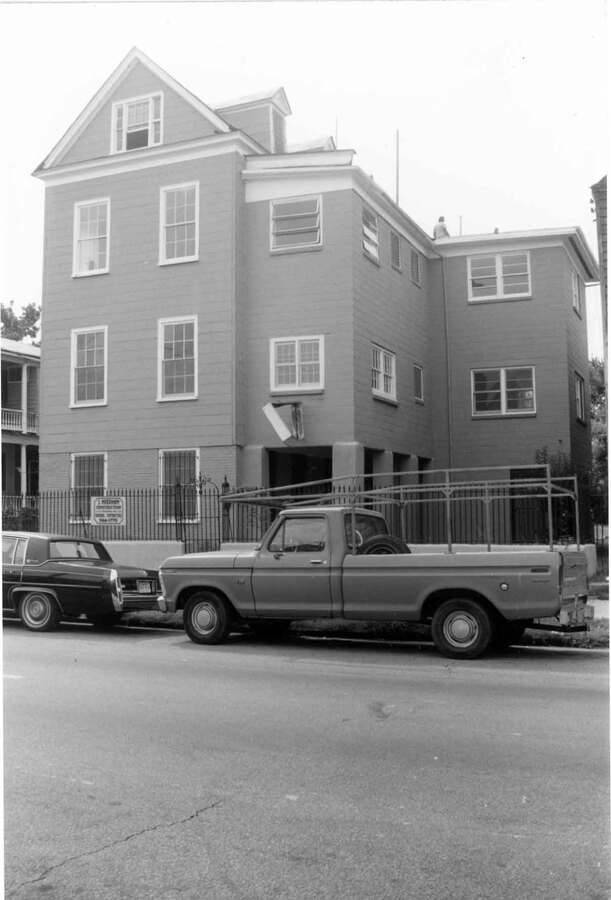
The United Order of Tents of J.R. Giddings and Jollifee Union is the only secret fraternal society made up exclusively of Black women.
The United Order of Tents of J.R. Giddings and Jollifee Union is the only secret fraternal society made up exclusively of Black women. Their secrecy relates to their founding as a stop on the Underground Railroad in the mid-1800s. The two founders, Annetta Lane and Harriett Taylor, were themselves former slaves. They were assisted by two white abolitionists, Joshua Reed Giddings and a man known only as Jollifee. Lane and Taylor’s hometown, Norfolk, VA, was a significant seaport that became an important stop on the Underground Railroad. Lane, Taylor, and other “conductors” would hide slaves until abolitionist ship captains arrived to pick up cargo bound for Northern ports. The captains risked their lives to hide escapees amongst their cargo.
After emancipation, the women continued their mission of caring for the Black community by forming a mutual aid society. Theirs was the first such society formed by women of color in the United States, but it continued the long tradition of African American mutual aid societies founded to assist members with burial insurance, a place to be buried, and other aid. Their incorporation also coincided with the time when Black and white women began engaging in reform efforts that included forming clubs and engaging in progressive activities that supplied mutual aid and uplift for their communities. Founders of Black women’s clubs felt it was the role of Black women to uplift the race. Local clubs formed a national organization called the National Association of Colored Women's Clubs. The members of the Tents did not join the NACWC, but adopted their motto, “Lift as We Climb.”
Along with teaching Christian morals and values, the Tents continued to provide shelter for Black residents. In 1897 the founding chapter established a nursing home for elderly members in Hampton, VA. Still, they would admit women who were not members of the Tents, and even men, if there was an empty bed up until its closing in 2002. Many of the early members of the Tents were licensed nurses. As part of their secretive nature, the Tents rarely looked for help outside of their membership, but they received three HUD grants to build low-income housing in Rocky Mount, NC, Danville, VA, and Norfolk, VA.
The order was incorporated in Charleston in 1919, but members did not purchase the property at 73 Cannon until 1956. Like their neighbors, the Cannon St. YMCA, members met at a variety of locations such as church fellowship halls until they purchased the building. The Tents developed a deep attachment to the building. Many of the members refer to it as home, but like so many others have realized no matter how much you love your historic home, it can become challenging and expensive to maintain. In early 2012, the city of Charleston declared the building a hazard, and the order had to ask for assistance. The Preservation Society of Charleston provided funds to board up the windows and structurally support the building until a decision is made concerning the future of the building and funds raised, if they decide to keep it.
The members of the Charleston Tents are not the only ones who are having trouble maintaining their historic house purchased as their headquarters. The 1863 brick townhouse that is home to the Eastern District Grand Tent #3, located in Brooklyn, New York, was described in 2019 as run down and looking abandoned. Also, like the Charleston Tents, the headquarters of the Brooklyn Tents is in an area experiencing the pressures of gentrification. This pressure creates divisions in the districts. Some Charleston Tents members want to sell 73 Cannon while others want to remain in their home and community. If the order stays, they will be the last all-Black social and support organization left in the area.
Nursing homes, low-income housing, and scholarships are a small part of the work done by the United Order of Tents in their districts, but due to their secrecy and lack of record keeping, the full story of the physical and spiritual shelter provided under their tent may never be fully known.
Images


